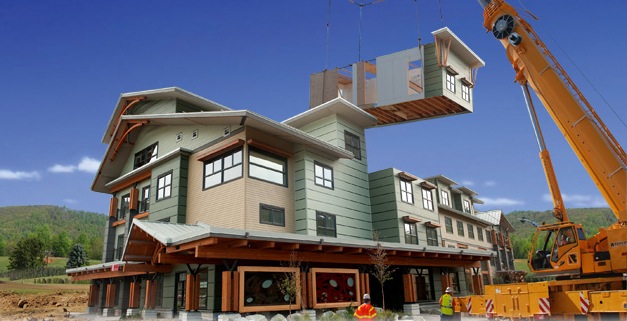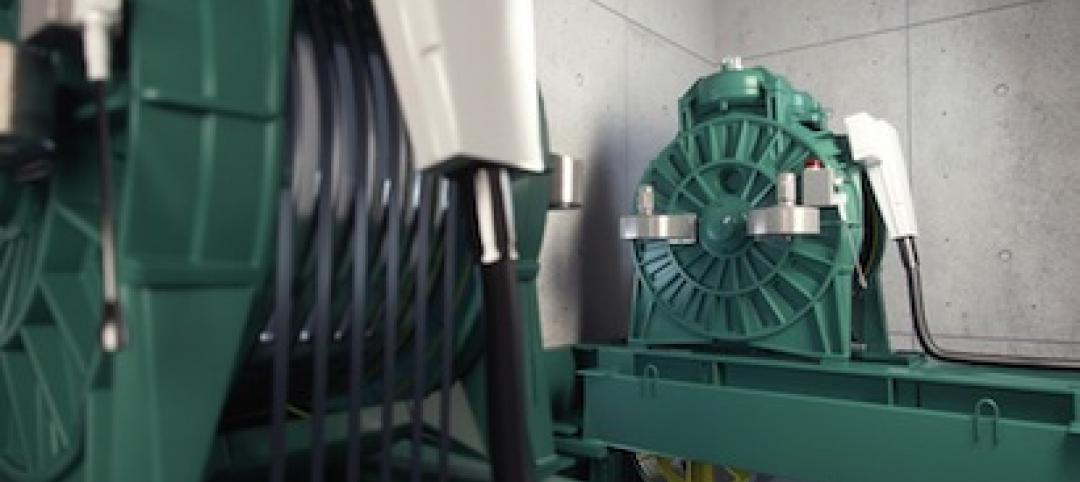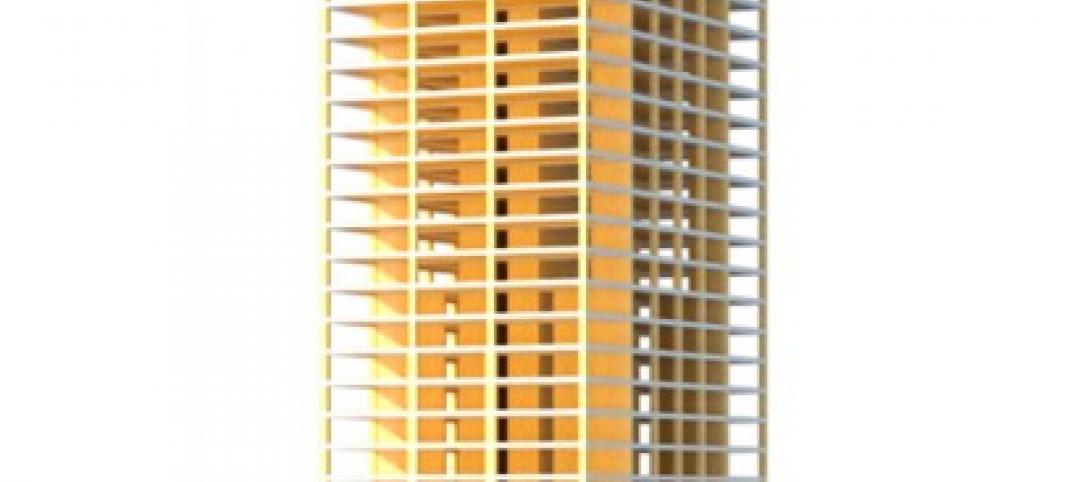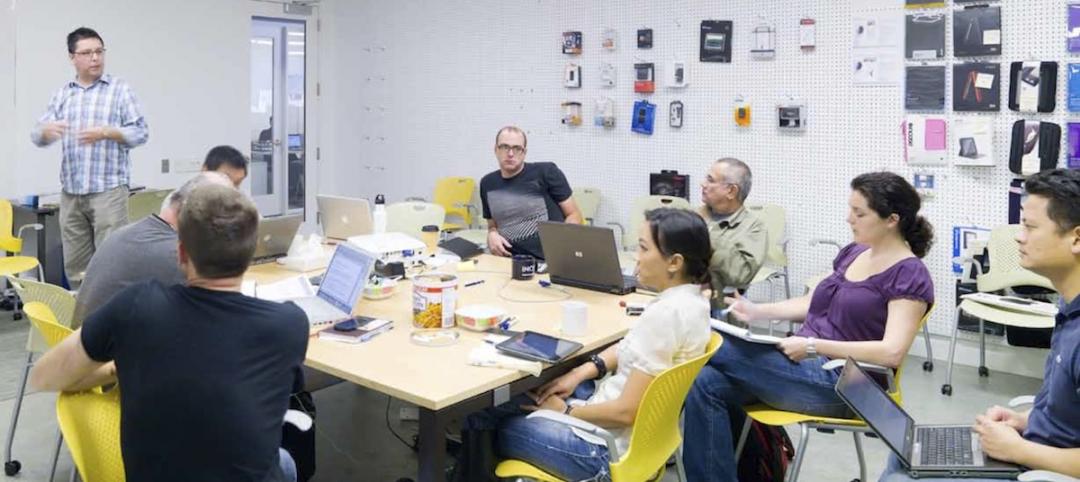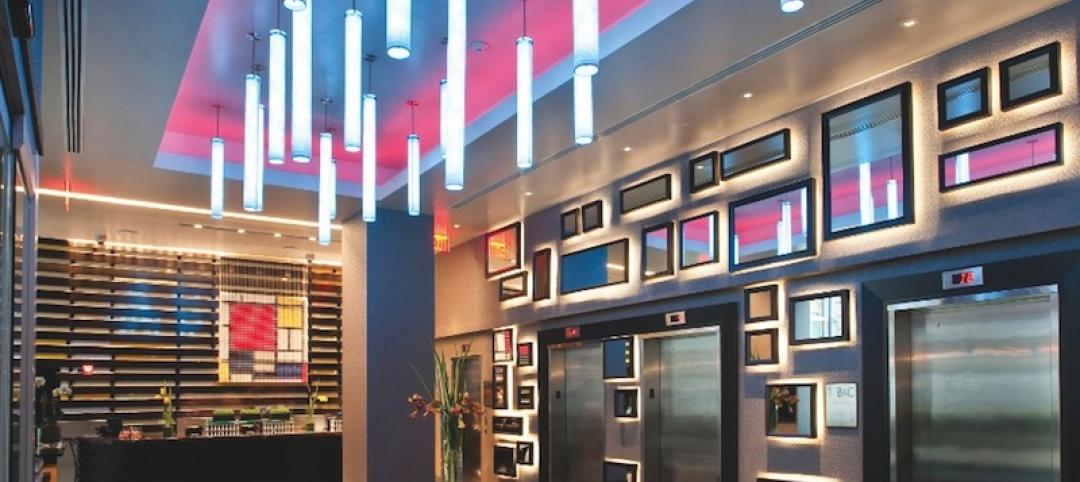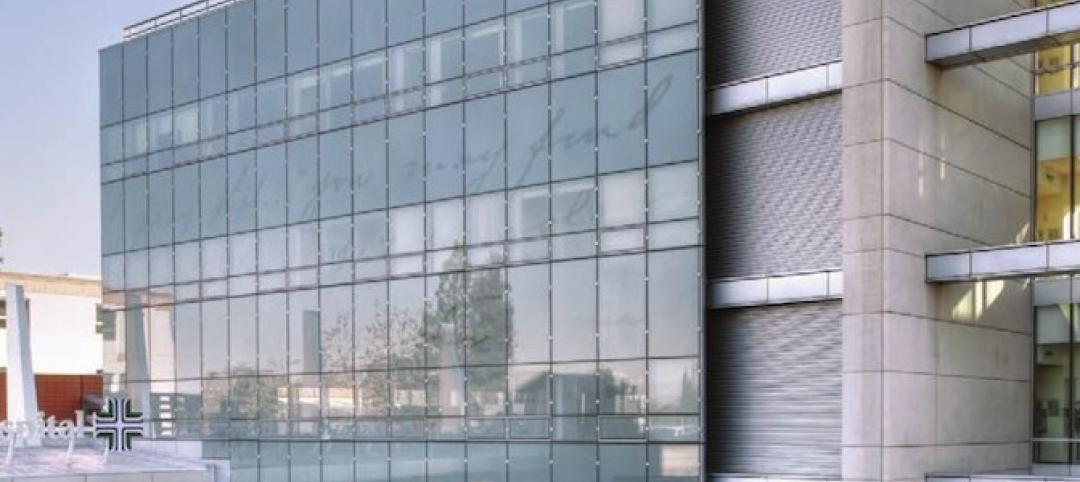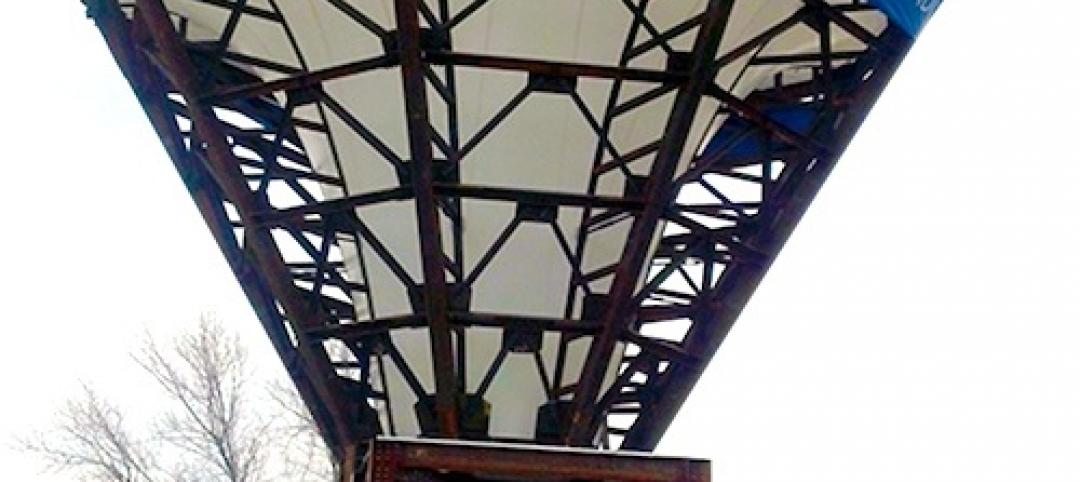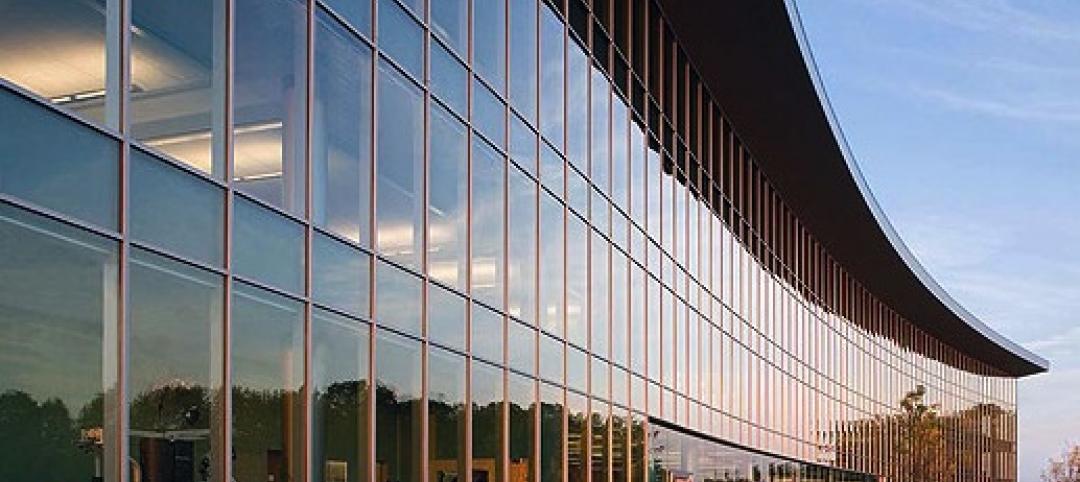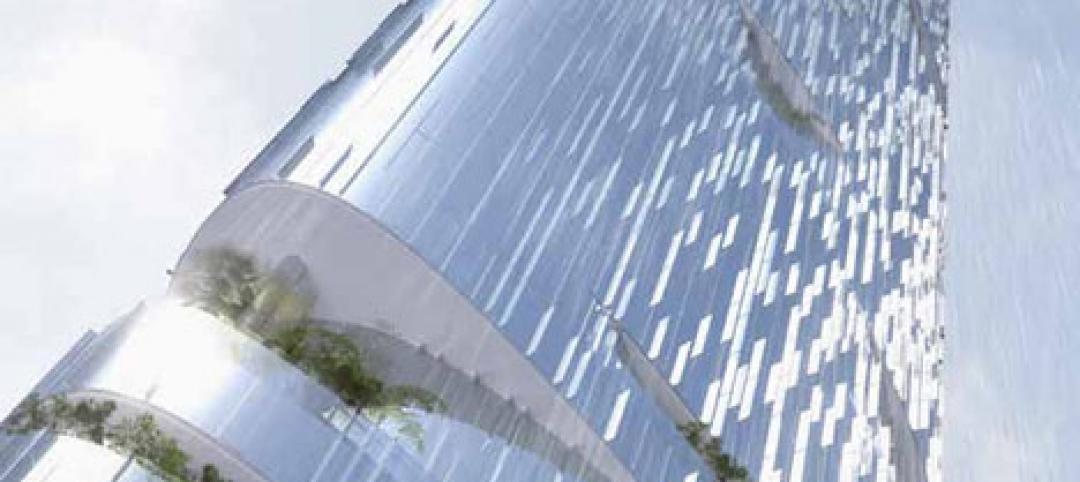The reality of an expedited schedule and lower costs has made offsite construction a valued building solution for decades. With curiosity about this process at an all-time high as developers turn to the method with growing enthusiasm, the Modular Building Institute and Pratt Institute School of Architecture will co-host a Modular Construction Summit on May 16, 2013, in Brooklyn, N.Y., to separate modular myths from truth.
Do modular buildings last as long as stick built? Are they environmentally sustainable? Can they be as attractive as their traditionally built counterparts? While the answer to all of these questions is yes, the summit will provide an opportunity for people to find out exactly why – and get answers on many more issues.
The event will feature two morning sessions with panels of high-profile architects and builders, as well as the Commissioner for the NYC Department of Design and Construction. In the afternoon, attendees can tour the factory of Capsys Corporation, the modular builder for the My Micro NY project – a 10-story Manhattan apartment building slated for occupancy in 2015.
Tom Hanrahan, Dean of Pratt Institute School of Architecture, will moderate the first morning session, “Permanent Modular Construction for Multi-family Applications.” Confirmed speakers include James Garrison, sustainable design pioneer and architect with Garrison Architects; Ian Peter Atkins, BIM Application Manager for architecture firm Kohn Pedersen Fox Associates; and Tom O’Hara, Director of Business Development at Capsys Corporation.
The second panel, moderated by Modular Building Institute Executive Director Tom Hardiman, will focus on “Modular Solutions for Disaster Relief and Emergency Housing.” The confirmed speakers are David Burney, Commissioner, NYC DCC; William Begley, Director, Modular Housing and Hotels, Sea Box Inc.; and Douglas Cutler, architect with Douglas Cutler Architects.
Open to the general public, the event will take place at Pratt Institute, Higgins Hall Auditorium at 61 St. James Place in Brooklyn, from 8:00 a.m. to noon, with the factory tour from 1:00-3:00 p.m. Registration is $25 before May 10, and $35 thereafter. To register, please visit the MBI website. The summit is sponsored by Capsys Corporation, DeLuxe Building Systems and NRB.
About MBI
The Modular Building Institute is the international nonprofit trade association that has served the modular construction industry for 30 years. Members are suppliers, manufacturers and contractors involved in all aspects of modular projects -- from complex multistory solutions to temporary accommodations. As the voice of commercial modular construction, MBI expands the use of offsite construction through innovative construction practices, outreach, education to the construction community and customers, and recognition of high-quality modular designs and facilities. For more information on modular construction, visit http://www.modular.org.
Related Stories
| Jun 11, 2013
Finnish elevator technology could facilitate supertall building design
KONE Corporation has announced a new elevator technology that could make it possible for supertall buildings to reach new heights by eliminating several problems of existing elevator technology. The firm's new UltraRope hoisting system uses a rope with a carbon-fiber core and high-friction coating, rather than conventional steel rope.
| Jun 4, 2013
SOM research project examines viability of timber-framed skyscraper
In a report released today, Skidmore, Owings & Merrill discussed the results of the Timber Tower Research Project: an examination of whether a viable 400-ft, 42-story building could be created with timber framing. The structural type could reduce the carbon footprint of tall buildings by up to 75%.
| May 30, 2013
5 tips for running a successful BIM coordination meeting
BIM modeling tools are great, but if you can't run efficient, productive coordination meetings, the Building Team will never realize the benefits of true BIM coordination. Here are some helpful tips for making the most of coordination meetings.
| May 28, 2013
LED lighting's risks and rewards
LED lighting technology provides unique advantages, but it’s also important to understand its limitations for optimized application.
| May 20, 2013
4 emerging trends in parking structure design
Survey of parking professionals reveals how technology is transforming the parking industry.
| May 17, 2013
5 things AEC pros need to know about low-e glass
Low-emissivity glasses are critical to making today’s buildings brighter, more energy-efficient, and more sustainable. Here are five tips to help AEC professionals understand the differences among low-e glasses and their impact on building performance.
| May 17, 2013
University labs double as K-12 learning environments
Increasingly, college and university research buildings are doing double duty as homes for K-12 STEM programs. Here’s how to create facilities that captivate budding scientists while keeping faculty happy.
| May 14, 2013
Advanced turbines generate 6X more energy than conventional models
US-based wind energy company SheerWind just unveiled the INVELOX – a tunnel-based wind turbine that can produce up to 600% more power than traditional wind turbines.
| May 8, 2013
Preventable curtain wall failures - AIA/CES course
In many cases, curtain wall failures are caused by fairly simple errors that occur during the fabrication and installation process. This presentation will highlight common errors and when they typically occur.
| May 7, 2013
First look: Adrian Smith + Gordon Gill skyscraper designed to 'confuse the wind'
The 400-meter-high, 116-story Imperial Tower in Mumbai will feature a slender, rounded form optimized to withstand the area's strong wind currents.


